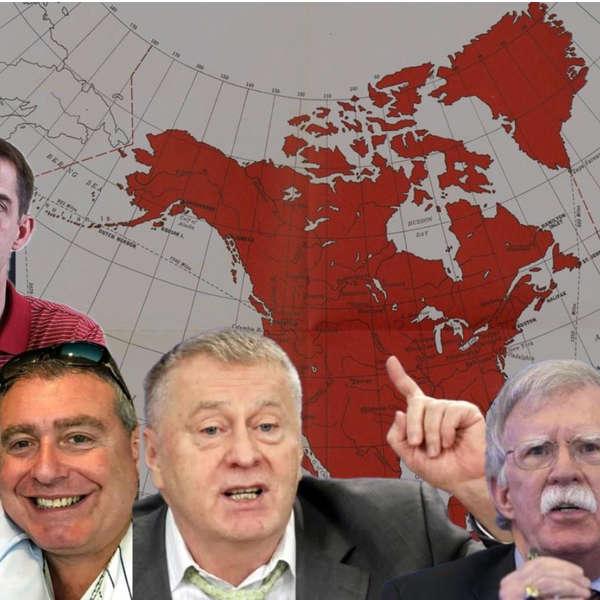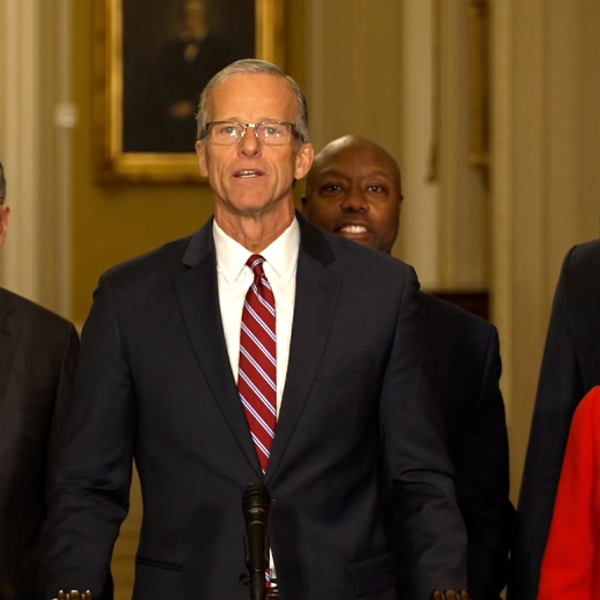
By Alexandra Zavis, Los Angeles Times (TNS)
The sight of Germans and Austrians cheering the arrival of train loads of weary asylum seekers has been a source of inspiration to the desperate tide pouring into Europe from the Middle East, Africa and Asia.
However, the fate of thousands hinges not only on the level of public sympathy for their plight, but on what is driving them to leave their homelands.
German Chancellor Angela Merkel, who leads the European Union’s wealthiest state, contends that there is a moral obligation to provide protection to those fleeing war and persecution. Her country has thrown open its doors, saying it expects to welcome as many as 800,000 refugees this year.
Poorer eastern nations, such as Poland, the Czech Republic and Hungary, have been far more resistant to taking on a share of the burden of providing for the impoverished throngs. Hungary’s prime minister, Viktor Orban, contends that the “overwhelming majority” are economic migrants and not refugees.
The distinction is crucial.
A cornerstone of the 1951 Convention Relating to the Status of Refugees and its 1967 Protocol is the principle of non-refoulement, according to which refugees should not be returned to countries where there is a serious threat to their lives or freedom. Refugees are also entitled to asylum under EU law, a right not ascribed to migrants.
What is the difference between refugees and migrants?
Refugees are people who have been forced to flee their countries because of the threat of persecution or armed conflict, and because they have no protection from authorities at home.
Migrants may leave for any number of reasons, including to find work, get an education and better themselves. The term can be applied to refugees, but not all migrants qualify as refugees.
So which is it?
The vast majority of those risking their lives to cross the Mediterranean in rickety boats and inflatable dinghies — more than 381,000 this year — come from conflict zones, according to figures compiled by the United Nations refugee agency.
About half come from Syria, whose citizens almost always qualify for protection in EU states because of the civil war that has laid waste to large parts of the country. Afghanistan, Eritrea, Somalia, Iraq and Sudan account for nearly 30 percent.
“This is a primarily refugee crisis, not only a migration phenomenon,” U.N. High Commissioner for Refugees Antonio Guterres said in a statement early this month.
Who else is seeking asylum?
Many Nigerians, Gambians and Bangladeshis are also using dangerous sea routes to reach Europe, but often fail to obtain protection when they arrive, according to the U.N.
Some EU nations also get large numbers of migrants traveling overland from Balkan countries such as Albania, Kosovo and Serbia.
Germany’s leaders have been far less sympathetic to these people, most of whom they say are seeking asylum because of a shortage of legal avenues to escape dire economic circumstances at home.
“We will protect those who should be protected,” German Chancellor Angela Merkel told reporters in Berlin on Monday. But she said that those coming out of economic need will be swiftly returned home.
Photo: A Syrian refugee holds her daughter while waiting for buses after disembarking a passenger ship at the port of Piraeus, near Athens, Greece, September 14, 2015. (REUTERS/Michalis Karagiannis)








